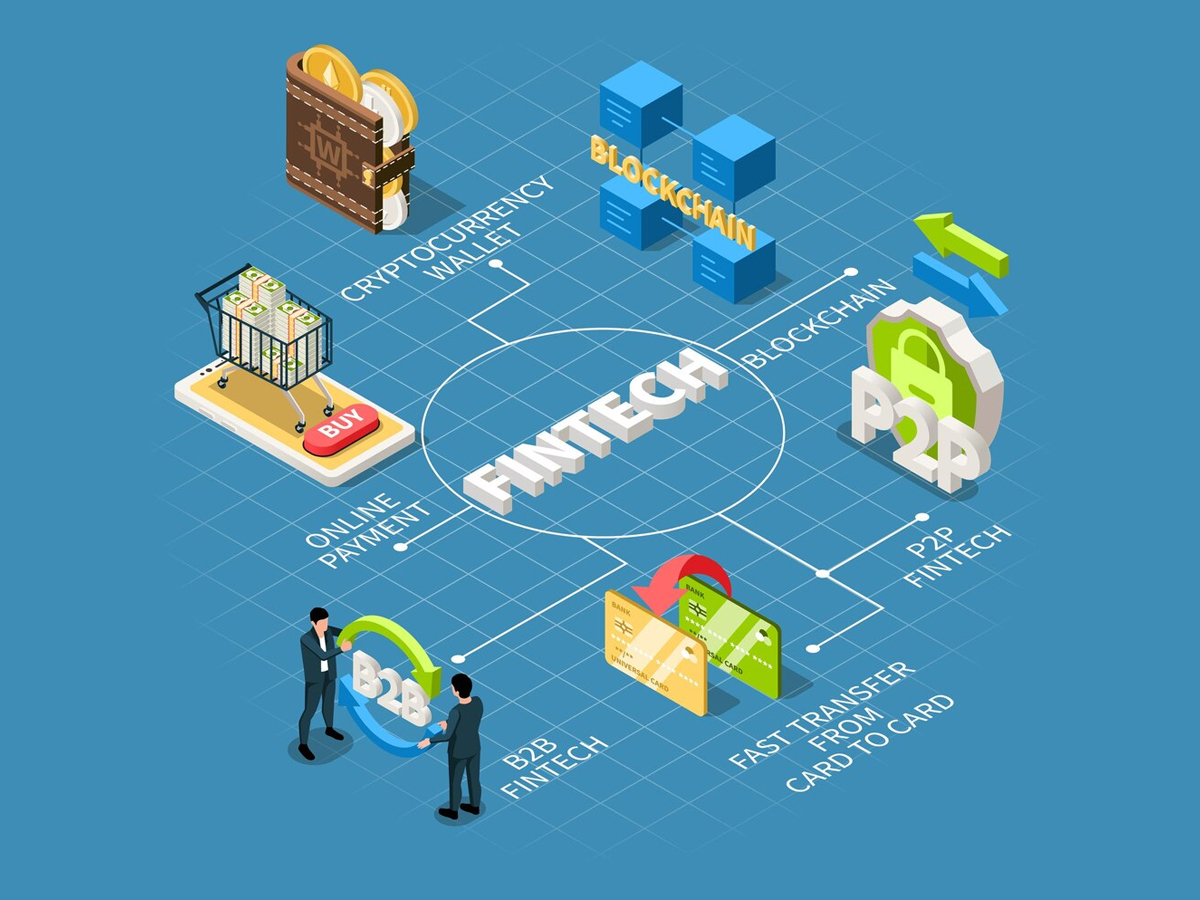The Middle East and Africa (MEA) region has experienced a significant transformation over the past decade, driven by the rapid rise of financial technology (fintech). This transformation is not just a testament to the region’s adaptive capabilities but also to its strategic embrace of innovation and technology to address unique economic and social challenges. The fintech revolution in the MEA region is characterized by groundbreaking developments, a surge in investment, regulatory advancements, and a strong push towards financial inclusion.
A Growing Ecosystem
Market Size and Investment
The fintech market in the MEA region has grown exponentially, attracting substantial investment from both regional and international investors. According to a report by the Middle East Venture Partners (MEVP), the fintech sector in the MEA region raised over $2 billion in funding in 2023, a stark increase from previous years. This surge in investment highlights the confidence investors have in the region’s fintech potential.
Key Players and Innovations
Several key players have emerged in the MEA fintech landscape, driving innovation and competition. Companies like Paystack (Nigeria), Yoco (South Africa), and Careem Pay (UAE) are at the forefront, offering solutions that cater to the unique needs of their markets. These companies are leveraging technology to provide services such as mobile payments, peer-to-peer lending, digital banking, and insurance tech.
Digital Transformation and Mobile Penetration
One of the primary drivers of fintech growth in the MEA region is the widespread adoption of mobile technology. With mobile penetration rates exceeding 80% in some countries, mobile platforms have become the preferred medium for financial transactions. This mobile-first approach has enabled fintech companies to reach a broader audience, including the unbanked and underbanked populations.
Regulatory Support and Challenges
Progressive Regulatory Frameworks
Governments and regulatory bodies in the MEA region have played a crucial role in fostering the growth of fintech. Countries like the UAE, Saudi Arabia, and Kenya have introduced progressive regulatory frameworks that encourage innovation while ensuring consumer protection. The establishment of regulatory sandboxes, such as the UAE’s Fintech Hive and Bahrain’s Regulatory Sandbox, allows startups to test their solutions in a controlled environment.
Navigating Regulatory Hurdles
Despite the supportive regulatory environment, fintech companies in the MEA region still face challenges. Regulatory inconsistencies across different countries can pose significant hurdles for fintech firms looking to expand regionally. Additionally, data privacy concerns and cybersecurity threats are critical issues that need to be addressed to ensure the sustainable growth of the fintech sector.
Financial Inclusion: A Key Driver
Addressing the Unbanked Population
One of the most significant impacts of fintech in the MEA region is its contribution to financial inclusion. According to the World Bank, over 60% of adults in Sub-Saharan Africa do not have access to formal financial services. Fintech solutions, particularly mobile money services like M-Pesa in Kenya, have revolutionized the way people access financial services, providing them with the tools to save, borrow, and transfer money.
Empowering SMEs
Small and Medium-sized Enterprises (SMEs) are the backbone of the MEA economy, yet many face challenges in accessing traditional banking services. Fintech companies are addressing this gap by offering innovative lending solutions, digital payment platforms, and financial management tools tailored to the needs of SMEs. This support is crucial for the growth and sustainability of these enterprises, driving economic development across the region.
Future Prospects
Embracing Emerging Technologies
The future of fintech in the MEA region looks promising, with emerging technologies such as blockchain, artificial intelligence (AI), and machine learning set to play a pivotal role. Blockchain technology, in particular, has the potential to revolutionize various aspects of fintech, from cross-border payments to smart contracts. AI and machine learning are also being leveraged to enhance customer experiences, detect fraud, and provide personalized financial services.
Expanding Regional Collaboration
Regional collaboration is expected to increase, with more cross-border partnerships and initiatives aimed at fostering a unified fintech ecosystem. Such collaborations will enable the sharing of best practices, resources, and expertise, driving further innovation and growth in the sector.
Conclusion
The rise of fintech in the MEA region is a remarkable journey of innovation, resilience, and strategic foresight. As the region continues to embrace technological advancements and regulatory support, fintech is set to play an even more significant role in shaping the future of finance in the MEA region. This transformation is not just about technological progress; it is about creating inclusive financial systems that empower individuals and businesses, driving sustainable economic growth for the future.





